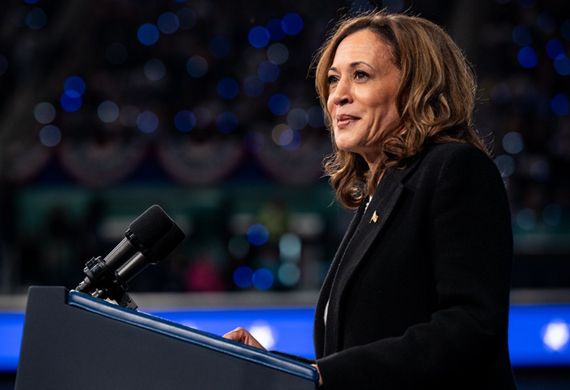
Gender in Politics: Are South East Asian Nations More Progressive?
By: WE Staff | Monday, 11 November 2024
The 2024 Presidential election in the USA was a much anticipated and hugely followed event. As Donald Trump went up against Kamala Harris, the world watched with bated breath, if the USA would finally accept a woman as its leader figure.
The election results came out in favor of Donald Trump. Kamala Harris’ loss made it evident to the world, that one of the most powerful and advanced nations of the world was not yet ready to elect a woman as its President. Although there are manifold reasons behind Kamala Harris’ loss, one cannot deny that her gender played a part in her losing the Presidential election.
Watching the USA politics play out from the perspective of a South Asian is quite interesting. The region which is otherwise known to be steeped in patriarchy with distinct gender roles, has been much more open to accepting women as political heads.
History tells a story of women being accepted as figures of authority in nations such as India, Bangladesh, Pakistan, Sri Lanka, and Myanmar among various others.
In fact, it is a south Eastern country that holds the record for having the very first woman Prime Minister. In 1960, Sirimavo Bandaranaike became Sri Lanka’s Prime Minister and etched her name in history.
Closer home fiery leader Indira Gandhi, became India’s first female Prime Minister in 1966. Be it Pakistan’s Benazir Bhutto or Bangladesh’s Sheikh Hasina, South East Asian nations have emerged as the light in the dark that is patriarchal mindsets in global politics.
The transition is apparent, with female leaders breaking down historical barriers to make substantial contributions to the decision-making processes that create our society. These leaders provide a distinct mix of talents and viewpoints, emphasizing the necessity of multiple voices in solving the numerous issues that nations confront today. Their influence goes beyond national lines, encouraging international cooperation and diplomacy founded on empathy and collaboration.
As female leaders gain prominence, the global political arena sees a movement towards policies that stress social justice, human rights, and environmental sustainability. The story of female leadership is more than simply symbolic; it is a practical force impacting the destiny of nations and the global community.






